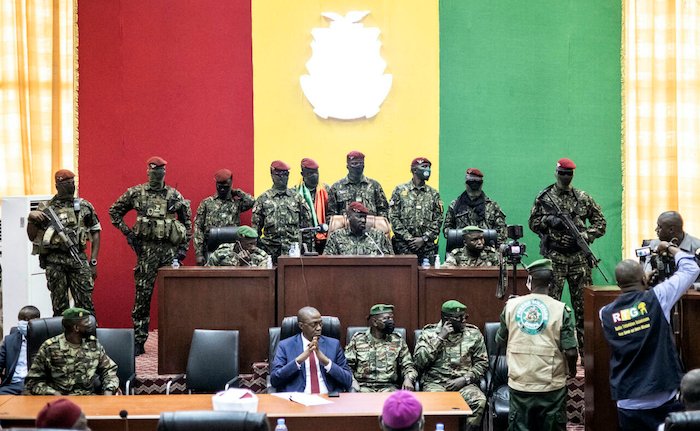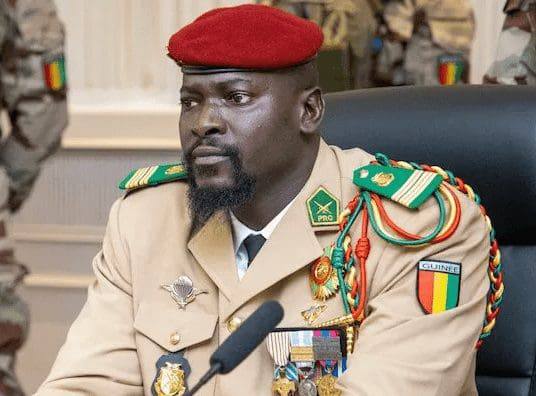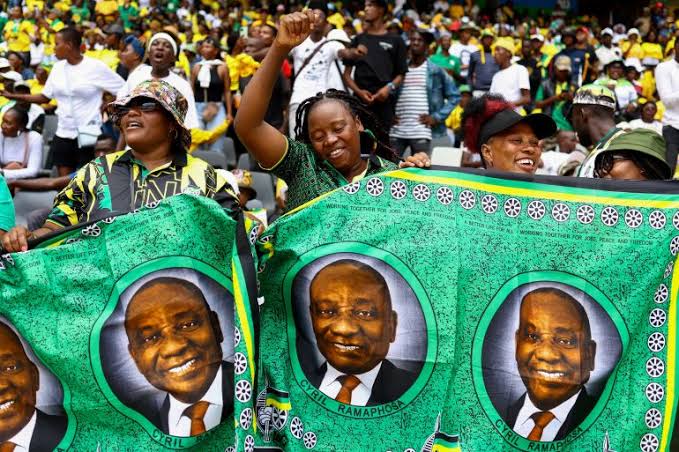
Faith Nyasuguta
Guinea’s ruling National Council of the Rally for Development (CRND) has abruptly dissolved the interim government in a surprising turn of events.
This unexpected move was announced via a decree on state television by the presidency’s secretary-general, accompanied by military officials and masked soldiers.
The decree outlines that directors of cabinet, secretary generals, and their deputies will assume responsibilities until the formation of a new government. Notably, the announcement does not specify when the new administration will be appointed, leaving the timeline uncertain.
Ibrahima Sory Bangoura, chief of staff of the armed forces, has issued a communiqué this week, instructing members of the dissolved government to promptly return their vehicles and passports.
Additionally, their bodyguards were ordered to conclude their service, and the ministers’ bank accounts were frozen. This swift and comprehensive dismantling of the existing government marks a significant development.
The ousted government, in power since July 2022, fell victim to the military junta led by General Mamadi Doumbouya, which forcibly seized control in September 2021.

Doumbouya, initially a colonel, faced international pressure and engaged with the Economic Community of West African States (ECOWAS) to conclude the transition by late 2024.
This move raises concerns about the stability of Guinea and the implications for its political landscape. The sudden dissolution of the interim government sheds light on the challenges faced by nations grappling with military interventions and the potential setbacks to democratic transitions.
Guinea joins a list of African nations dealing with political turbulence, increasing coups, and military juntas, bringing attention to the broader issue of governance in the region.
RELATED:




